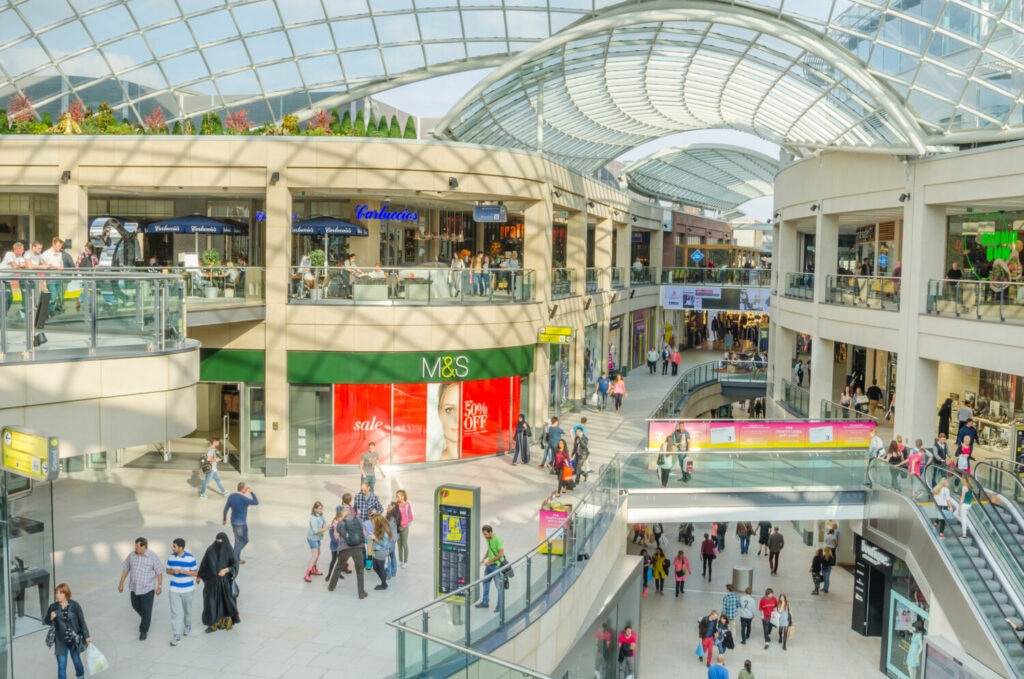Leasing flexibly: when, why and how?

Whether it’s big brands marketing a new launch, or new independent retailers branching out into brick and mortar, pop-up shops keep our shopping districts varied and interesting, and increasingly, landlords are seeing the benefits of leasing their units for a short-term period.
Traditionally in commercial property, leases between 1 and 3 years are considered short-term. However, interest in pop-up retail has boomed in recent years, highlighting the potential of leases even shorter than ‘short-term’. Pop-ups can be open for a matter of months, weeks or even hours, and this novelty is exciting for customers.
When?
Drastic fluctuations in the retail industry in recent years, primarily due to the COVID-19 pandemic, mean there has never been a better time to experiment with new ways of leasing. With many stores unfortunately not surviving recurrent lockdowns, the UK’s high streets, shopping centres and retail parks are left with tens of thousands of empty units. In other words, there is little to lose.
Likewise, the pandemic has been a major setback for many retailers. If they had been planning to open a store prior to lockdown, they understandably may not feel so secure in that decision now. Opening a pop-up serves as a lower-risk alternative in these unpredictable times. It is a chance for retailers to experiment in a new location, launch a new product and incite brand awareness and social media engagement.
Why?
In light of this surge of empty units, one of the main benefits of leasing short-term for landlords is filling these gaps whilst searching for a longer-term tenant, providing them with a supplementary income in the meantime. The ability to remain flexible and open to new tenants whilst still profiting from the unit is not to be undervalued.
Newer brands, particularly independent businesses and digital-native brands, also want to use the opportunity to experiment with physical retail without the long-term investment and the risk that comes with it. Landlords can tap into this, and bring these exciting new brands into their retail schemes, thus driving interest, footfall and engagement. Who knows? Short-term tenants may even become permanent if they find success in the space.
How?
The first step is deciding which units would work best for an experimental pop-up. Temporary retail spaces are typically on the smaller side, allowing brands to showcase the very best of what they have to offer without overwhelming new customers.
Spaces should be easily modifiable and allow for creativity in décor so that brands can individualise the space as quickly as possible – this is particularly important if they only plan to rent the space for a number of days or hours. Pop-ups work well when placed alongside long-term tenants, as increased footfall in the area will drive sales for surrounding stores.
As for finding brands who want a flexible lease, Completely Retail has recently launched a new platform, allowing landlords and agents to list retail properties available to book for flexible contracts or short-term leases.
Completely Flexible is aimed at those looking to fill vacant units and attract new brands to their retail schemes. We’re simultaneously recruiting the coolest independent and digital-native brands looking to experiment and expand with physical retail.
To find out how to list with us, contact our sales team at sales@completelygroup.com
